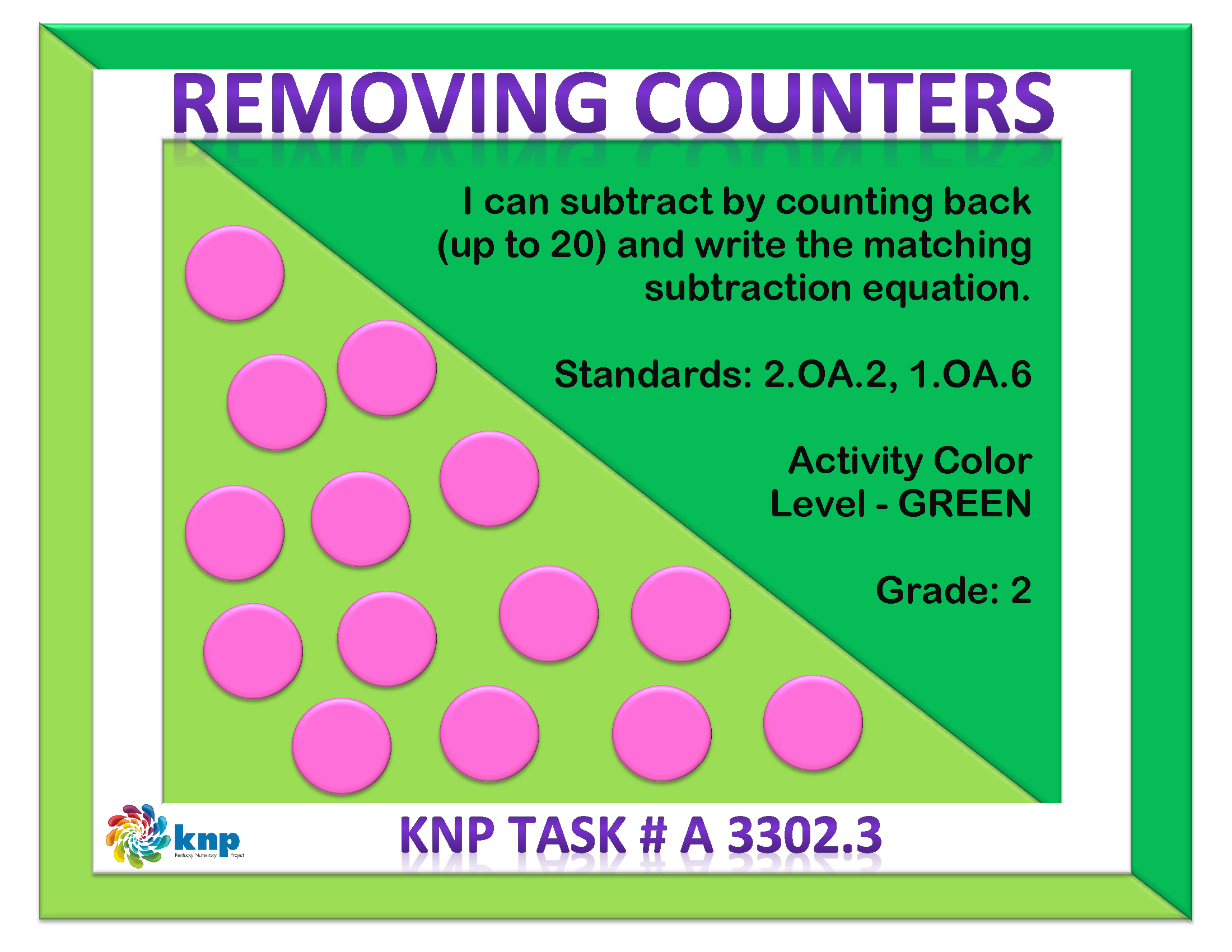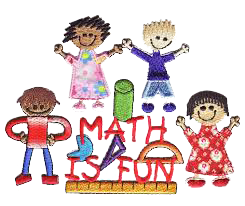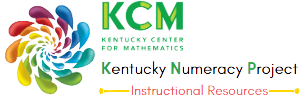“Removing Counters (within 20)”
KNPIG ID #A 3302.3
What's this activity about?
Using anything from around the house, your child will work to tell how many things within 20 items. This activity helps build familiarity and efficiency with subtraction fluency within 20.
What materials do we need?
20 of any type of counter: pennies, bingo markers, oyster crackers, dry beans, etc.

How do we play?
Randomly arrange up to twenty counters for your child to see, and then take away three to six counters. Ask your child how many are left. Have your child write the matching subtraction sentence. Then try it again.
Where’s the Math?
There is a lot of math in this game that goes along with what your child is learning in school. Your child is also learning how to decompose a number to make subtraction easier to understand (ex. 13 – 4=9 can be thought of as 13-3=10 and 10-1=9). Encourage him/her to begin to use mental strategies to fluently add and subtract and move from counting from one, to working with totals to make new totals. This activity stresses subtraction as removing objects from a group to show a new value.
Your child is also learning how to write number sentences. These will be the written evidence of learning for your child in school. Learning how to arrange addends and the sum is important when moving forward in single and multi-digit addition and subtraction.
Things to Think About:
As always when working with children, be patient. Your child will typically count one by one at this stage but will develop more efficient strategies as they practice with this activity. Try to notice how they are counting: using their fingers, head nodding or tapping. Ask your child how he/she is coming up with answers. Having him/her discuss and think about how to work through problems will help him/her find mistakes and build on strengths. If he/she understands what method works for them, it will help him/her also become faster and more confident in his/her answers.
Your child is learning now how math will show up in everyday life. Make connections while he/she is young so later it will be easier to see the connection when working with more difficult math concepts Ask your child about taking objects from groups. Using pennies makes this very relatable, or you can talk about reading goals for the night- “If you have to read fifteen minutes tonight and you’ve already read seven, how many more minutes should you read?” Making math relatable makes it more interesting and fun for kids.
Feedback
Send us your thoughts and ideas about these activities. Email the KCM

